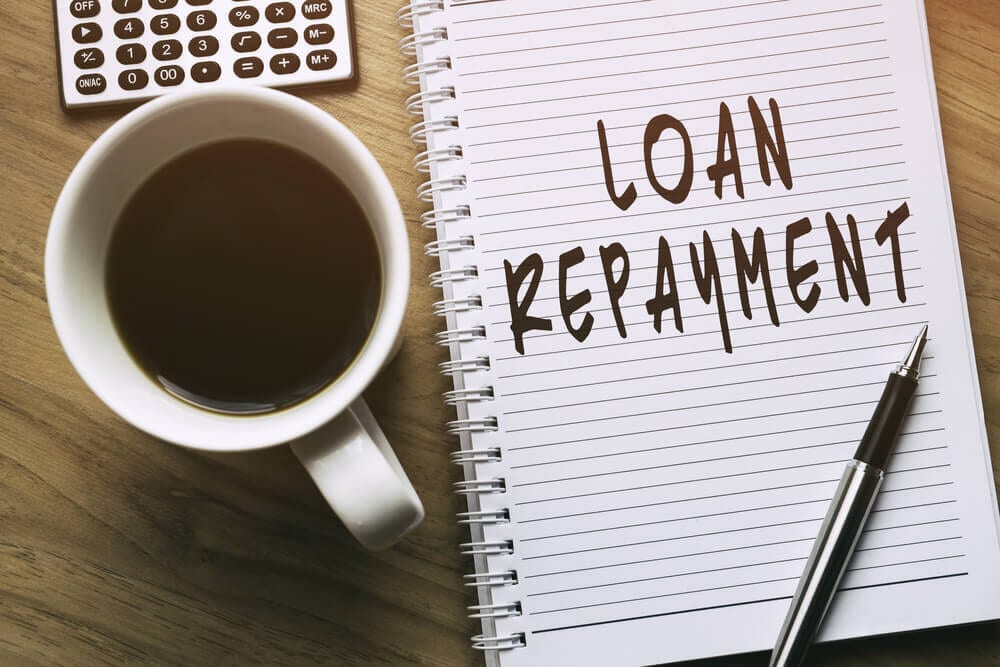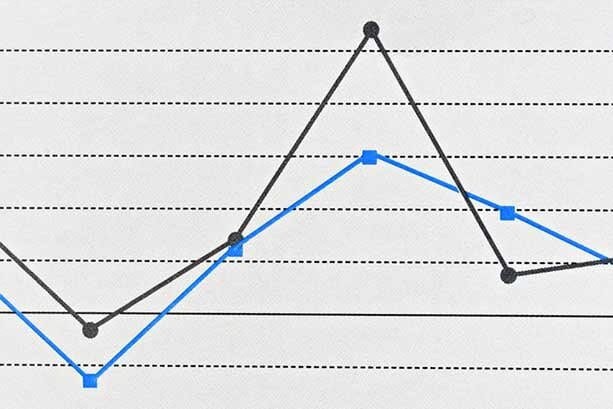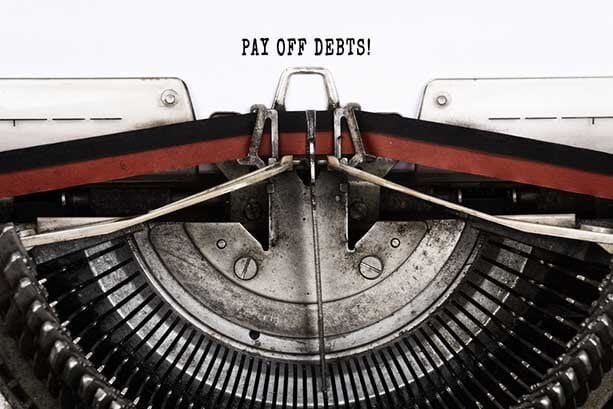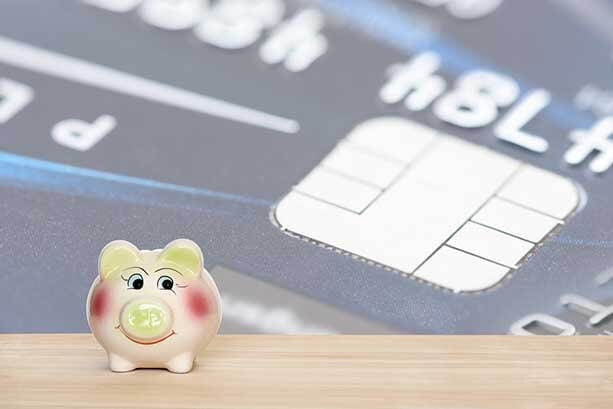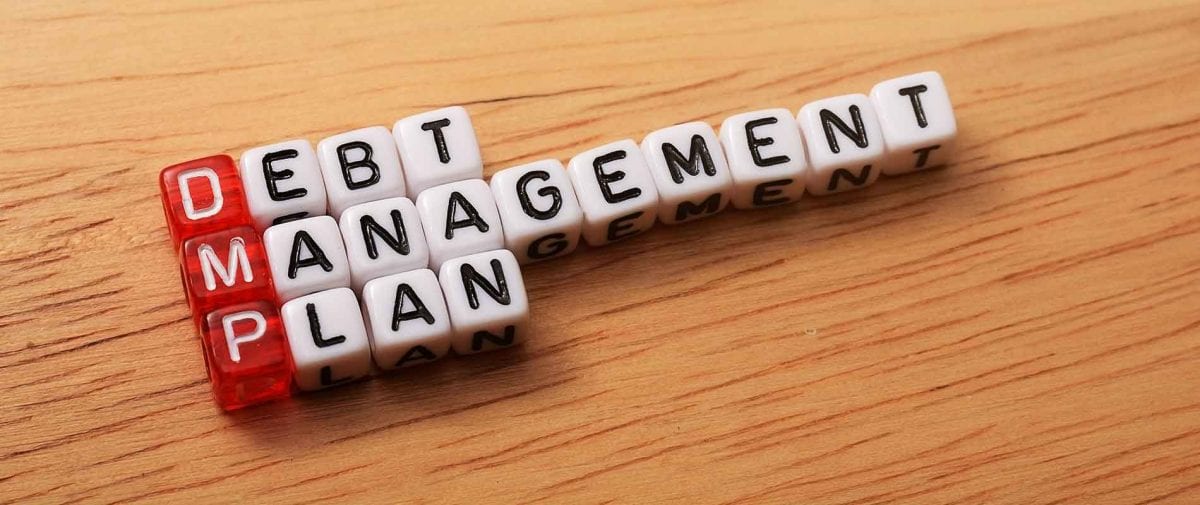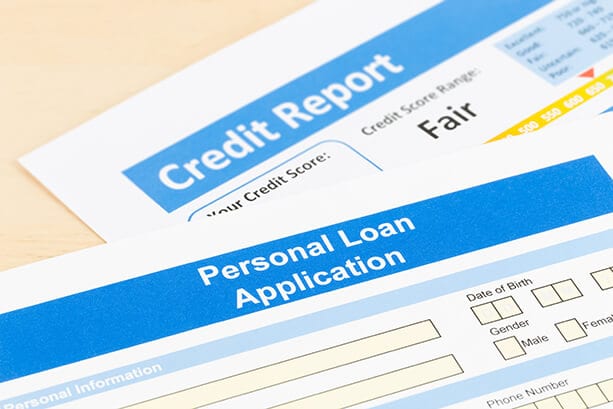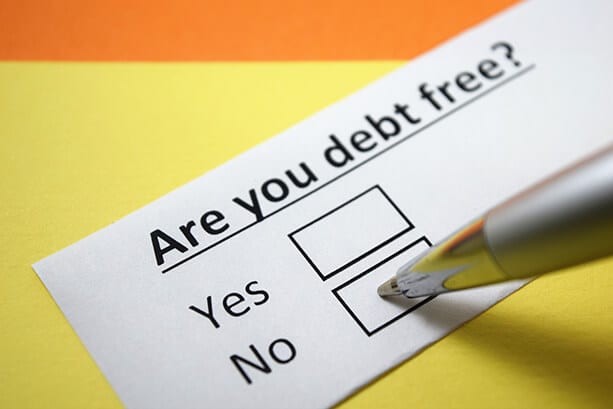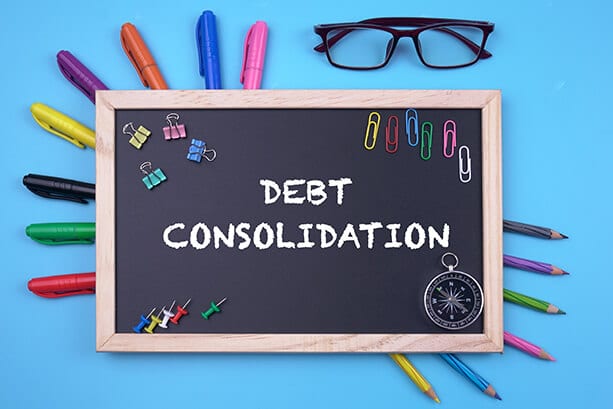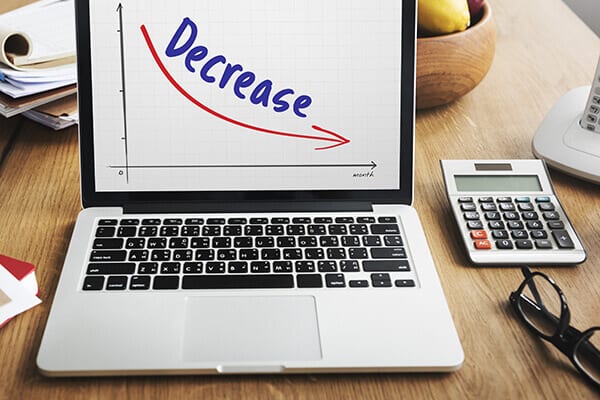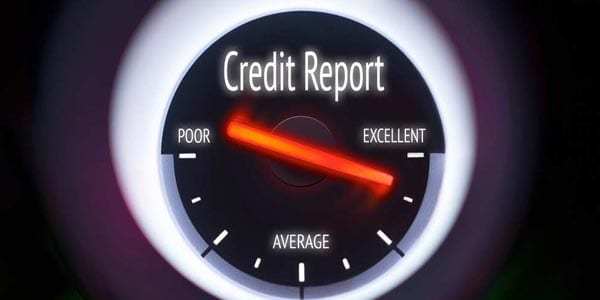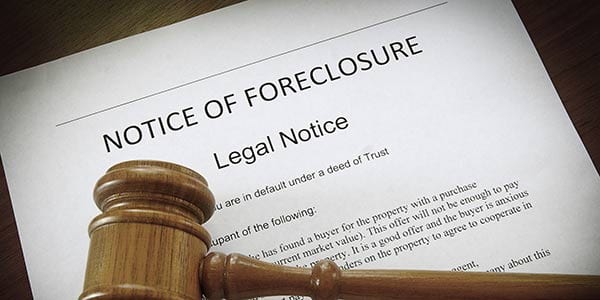There are a number of poor habits that lead to debt. Have you ever wondered why some people are deeply buried in credit card debt and debt in general while others have clean credit records, despite being on the same economic level? Wealthy and poor people exist side by side and sometimes even the same paycheque and personal situations.
Of course, some people have certain advantages over the rest, especially those who have been born with a silver spoon, or those with better opportunities because of their status and connections. There are also individuals who weather financial storms despite their difficult financial situations an emerged successful because of excellent financial habits. But underlying issues that lead you into deep waster start with poor habits that lead to debt.
What are the poor habits that lead to debt?
Here are habits that can be responsible for huge credit card debt, regardless of the amount of your paycheque or personal situations.
Not using your time wisely
Do you realize the time value of money and its impact on your finances? Procrastination, staying idly and not making full use of your 24/7 body clock deprives you of huge opportunities to earn money. You don’t have to work round the clock. In fact, you can make your assets work for you. It’s not just the money-but your skills and creativity can be put to good use.
The Pareto principle states that the thing you do with 20% of your time in a day produces the biggest chunk of your wealth. While it may not apply in all situations, particularly if you are working in a 9 to 5 job, this theory could encourage you to maximize the use of your time.
For example, if you have an online business, it is important to identify your biggest customers and to devote your time in engaging them; and the people with the same demographics. Full-time employees can set a certain period of time in a day to evaluate their productivity and to evaluate their recent knowledge and skills that they can utilize for self-improvement. With less income, you may be tempted to use your credit card to meet your monthly debt repayments and personal needs.
Taking too much that you can handle
While many people thrive with multi-tasking, it can actually lower concentration and the quality of work. Less work done could mean less income. Instead of doing this, you can set a schedule for a specific task; complete it within your allotted period and proceed to the next task.
Let us say you are engaged in small business and you have been doing the books, management and overseeing the productions and marketing. If you don’t have a planner or an app that would remind you every now and then, you may find it difficult to keep up with the demands of your business. You can also hire people to do the work for you. While it may denote additional cost because you have to pay wages, consider it as additional working capital which could yield greater returns in the long run.
The same principle applies to debt; you may think that your income can shoulder the monthly repayments for your credit card debts and other existing loans. But, if your debt takes up more than 30% of your income, and you have no emergency savings fund; it may be difficult to keep up with the payments on time when accidents and other similar situations occur. And more, people who have been handling various types of debt may default on payments simply because there are multiple debts that they need to pay in a month.
Complicated payments may create poor habits that lead to debt
With so many due dates to consider, how can you possibly remember each of them and the interest rates as well as penalty charge they represent?
It is important to choose the right financing opportunity that could help you settle your dilemma on finances. Instead of using your credit cards at the same time, consider other financing options that could help you save more money in the process.
Choosing the safe side
There is nothing wrong with staying in your comfort zone. In fact, most people thrive in a place where they are most comfortable. However, there are times that you need to take a leap of faith to pursue a passion or a new business endeavour that could open windows of opportunities for growth. It doesn’t have to be a drastic change. Sometimes, a simple adjustment is all it takes to open a new door for improvement, higher pay and a better lifestyle. A sound budgeting plan may be the key to helping you manage your expenses.
Credit card warning signs
Let’s say that you have been using your credit cards to make daily purchases because it is convenient for you and you can keep records of your spending. But, charging your daily expense on your future income may not be a very smart move because in the end, you will be paying interest on an item that you can just pay with cash. This year, it may be time to start bringing your wallet and coin purse. Bring out those loose change and you may be able to save more money shopping.
On another note, those who have been paying their bills on a cash basis can opt for automated payments. There are safety measures that you can discuss with your credit provider to ensure that all your payment transactions are safe.
Automated payments
If your habits put you in financial troubles, it may be time to change them. You are responsible for your financial success. Desire it and set a good plan of action; simply keep moving until your credit card debt and other loans are fully paid and you achieved the income level you desire.






